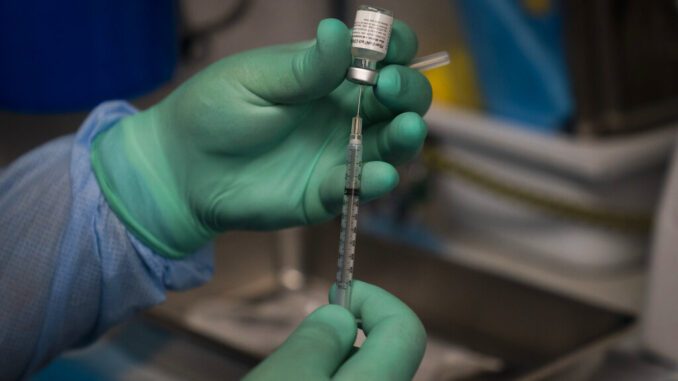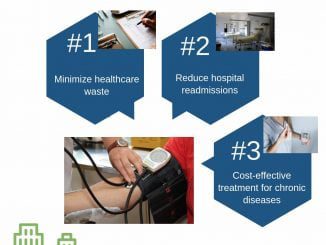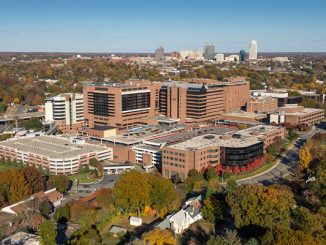
RALEIGH — In November, North State Journal interviewed Dr. John Sanders, the primary investigator involved in the Wake Forest Baptist Health COVID-19 antibody study that launched in spring of 2020.
In the first report on the conversation with Sanders, the topline findings included that 30% in North Carolina had antibodies pre-vaccines, which rose to 95% post vaccine rollout. Additionally, the antibody study portion showed 91% “real world effectiveness” in preventing disease following vaccination.
The second installment of the interview with Sanders covered herd immunity, mischaracterizations on immunity, and duration of antibodies.
North State Journal also asked what Sanders might say to someone who has hesitancy about vaccination when thinking that their child or a significant other might have an adverse reaction such as the increasing reports of myocarditis associated with the vaccines.
“Well, I mean, yeah, myocarditis is a real concern,” said Sanders. “We have clearly seen myocarditis documented in vaccine recipients.”
He added that it’s been more often seen in males than females and in adolescent young-adult males than older people.
“Younger males are more likely to get that, and when we started to see those reports come out, boy, yeah, our antenna went up,” Sanders said. “We were looking for stuff like that. We were quite concerned, and that has been watched really closely. And now we know…we can see the data from multiple different studies; so many different places. We can see that the data is ‘Yeah, it clearly happens’.”
“A certain number of people will get myocarditis after vaccination,” said Sanders. “It is significantly fewer, that number is significantly less, than the people who get myocarditis following COVID. And myocarditis following COVID, on average, is significantly more severe. So, more people get it and it is more severe.”
“Now, it is somewhere — if we’re talking about getting down to kids — it is somewhere between 10 times to 37 times more likely,” Sanders added. He also said that number “may go up as other studies come out.”
Sanders added that, “Yes, if you think your child’s risk, if you think your loved ones risk of getting COVID is less than one in 37, then maybe you start to do that risk-benefit analysis.”
“My assessment of what has happened and what will happen with COVID is that we will all get it, that you have one of three options in dealing with COVID; you get vaccinated, you get infected or you live isolated on a deserted island,” Sanders said.
During the interview with North State Journal, Sanders said one of the pre-study criticisms the study acknowledged was that it was more likely to enroll “reasonably educated, electronically connected, trusting people connected to their healthcare system.”
He also said they also enrolled a lot of people who were willing to get the vaccine “because most of their volunteers” ended up getting vaccinated.
“We did a short survey in this group asking what their attitude about getting vaccinated would be and were at the time,” Sanders said. “Over 20,000 of them responded to the survey, and about 75% said that they were likely to get vaccinated. About 25% said that they were not likely to get vaccinated.”
“Then as the vaccines came out, we actually followed their behavior into the spring,” said Sanders. “The vast majority of those people who said they were not likely to get vaccinated did get vaccinated.”
Sanders said that their data after the vaccines came out is “a little biased in giving epidemiologic assessments across the state” because they were sampling people willing to be in the study and they recognized that means that they are not as fully representative.
He went on to say that the survey showed those living in suburban counties and rural counties were more concerned about the vaccine than residents of urban counties.


